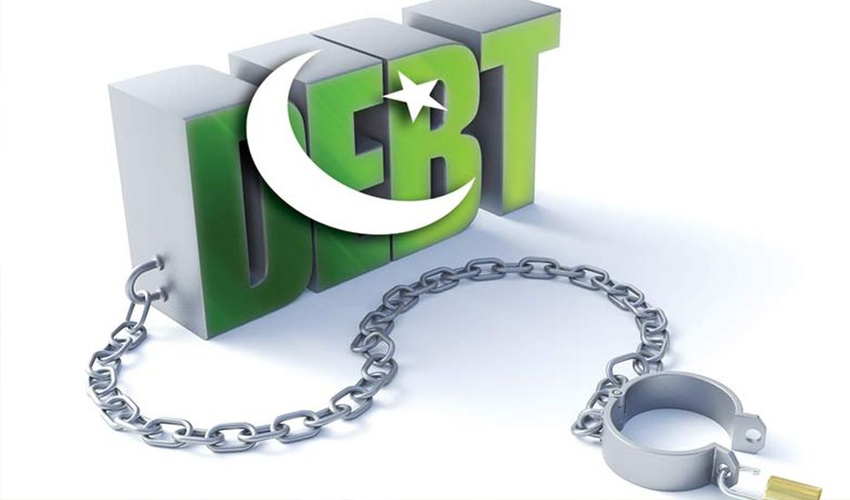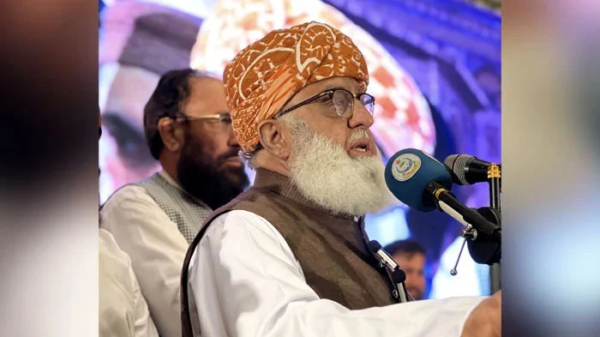Economic Challenge
ISLAMABAD: Pakistan’s energy sector circular debt has surged to a record Rs5.73 trillion, surpassing earlier estimates by Rs1.5 trillion and posing a significant economic challenge. Official documents reveal that the power sector’s debt reached over Rs2.7 trillion by the end of November, while the gas sector circular debt exceeded Rs3 trillion. This unfinanced debt now accounts for 5.4% of Pakistan’s GDP, indicating the failure of policies relying on price increases to address circular debt.
Despite continuous hikes in electricity and gas prices, the circular debt crisis persists, prompting concerns about its impact on the economy. The International Monetary Fund (IMF) had been informed of a lower figure just two months ago, emphasizing the urgency for immediate action to address the combined circular debt in the power and gas sectors, exceeding 4% of the GDP.
The situation reflects a failure on the part of the World Bank, IMF, and the government, which have favored price increases over governance reforms. The unaffordability of gas and electricity prices has become a pressing issue, with additional price hikes anticipated as part of IMF program conditions.
Energy Minister Mohammad Ali has proposed a plan to reduce the circular debt by Rs1.268 trillion, requiring approval from the IMF and government-owned company boards. The circular debt has made power and gas sector companies financially unsustainable, affecting the country’s borrowing options. China has linked the approval of a $600 million commercial loan to the settlement of the circular debt owed to Chinese power plants.
Efforts to address the circular debt crisis involve proposals to reduce electricity prices for industrial consumers and impose fixed monthly surcharges on domestic electricity consumers.
The interim government faces challenges in finding viable solutions and managing the financial health of public sector companies, with losses reported in several entities, including power distribution companies. Privatization measures are not actively pursued, and instead, outsourcing management is considered for the power sector, which employs around 140,000 people.
I am a dynamic professional, specializing in Peace and Conflict Studies, Conflict Management and Resolution, and International Relations. My expertise is particularly focused on South Asian Conflicts and the intricacies of the Indian Ocean and Asia Pacific Politics. With my skills as a Content Writer, I serve as a bridge between academia and the public, translating complex global issues into accessible narratives. My passion for fostering understanding and cooperation on the national and international stage drives me to make meaningful contributions to peace and global discourse.










